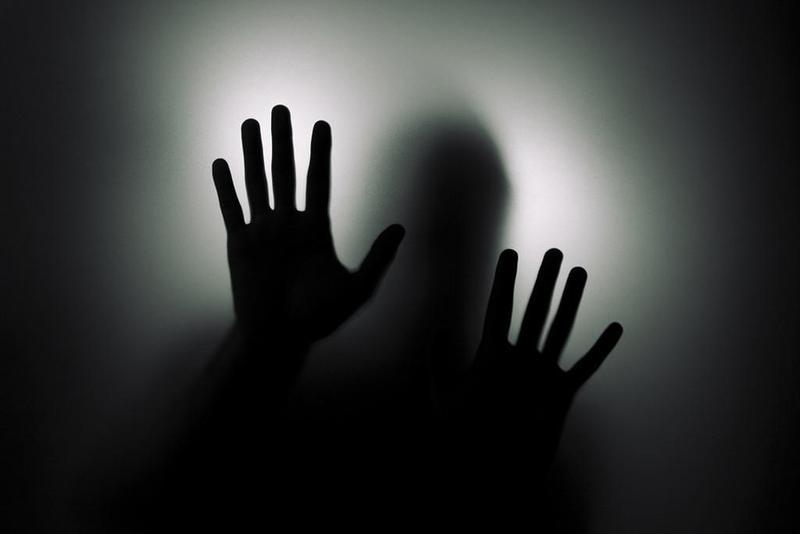Can Panic Disorder Be Permanently Cured?
Can Panic Disorder Be Permanently Cured?
People with panic disorder frequently want to know if there is any technique or medication that can completely rid them of symptoms. The truth is that panic disorder can never be entirely cured. However, it can be effectively managed to the point that it no longer significantly impairs your life.
One reason why no one can claim to have a cure is because panic disorder varies greatly from person to person.
What works for one panic suffer may not be effective at all for another. Even though there is not a magic bullet to wipe out every case of panic, through treatment, patience, and persistence, you can find what methods help you handle this disorder. Listed below are the most common sources for coping with panic disorder.
Answer:
A mental health professional can assist you in developing ways to change your thinking and behaviors that allow for lasting relief. There are different types of psychotherapy that have been shown to be helpful in panic disorder. One of these, cognitive behavioral therapy, or simply CBT, is a therapeutic method that includes learning ways to relax, change unhelpful thinking patterns, manage stress, and increase self-confidence in an effort to cope with panic disorder.
Progressive or gradual exposure is another CBT technique used by therapists to slowly introduce a patient to their fears and panic followed by teaching them to relax while they experience anxiety.
For example, if your panic is induced by driving on a freeway, your therapist may have you begin by simply imaging cars driving on s freeway. You will then be instructed to keep this image in mind as he or she guides you into noticing your tension. This focus on uneasy feelings is followed by guided attention to relaxing the body and mind all why keeping the worrisome image in mind.
Over a number of sessions, the therapist will progressively increase your exposure to your fear, such as visualizing yourself driving on the freeway, to actually being a passenger in a car on the freeway, to eventually driving the car yourself. While moving step-by-step through these changes, you will continue to learn how to remain calm and mange feelings of panic.
Self-help
There are numerous self-help resources out there that address issues related to anxiety and panic disorder. These guides are intended to provide you with information on ways to manage panic on your own. Typical self-help strategies include:
Relaxation techniques, such as stretching and deep breathing
Positive affirmations and self-talk
Creating peaceful and reassuring visualizations
Journaling and other writing exercises
Using creative art methods to express feelings
Proper nutrition and exercise
Transforming one’s negative belief system to more constructive and optimistic views
Lifestyle recommendations, such as getting enough sleep and limiting the use of caffeine
Medication
Treating panic disorder with medication is often recommended when symptoms persist despite one’s best efforts to control them through therapy and self-help strategies. Medication may also be suggested when panic disorder has become so extreme that it impacts someone’s functioning. Medication may be prescribed for more limited periods of time and likely will not need to be taken forever.
Medical professionals, such as a family physician or psychiatrist, will typically prescribe an antidepressant for panic disorder. A class of antidepressants known as Selective Serotonin Reuptake Inhibitors, or SSRI’s, are usually prescribed. These SSRI’s include Prozac (fluoxetine), Zoloft (sertraline), Paxil (paroxetine), and Celexa (citalopram). They can relieve feelings of anxiety and can reduce any depression symptoms, which often co-exists with panic disorder.
Naturally, these medications will have some drawbacks. Some common side effects include sexual dysfunction, weight changes, and sleep issues. If you are considering antidepressants, be sure to review the possible side-effects and potential concerns with your doctor. Antidepressants can take around 2 to 4 weeks to start working and they cannot be discontinued abruptly. When you are ready to discontinue use, your doctor will need to slowly take you off of the prescription by steadily decreasing your dosage.
Benzodiazepines tranquilizers are another class of drugs that are also used to ease anxiety and alleviate panic. Xanax (alprazolam), Ativan (lorazepam) and Klonopin (clonazepam) are frequently prescribed for panic sufferers to provide immediate reduction in anxiety symptoms. There is some potential for abuse with these medications. Such medications are also recognized to create a tolerance, meaning that over time, higher doses will be needed in order to get the same effects. Another difficulty with these medications is that once a person is taken off of them, their anxiety can actually come back even worse than ever before. Your possible questions and concerns should always be discussed with your doctor before beginning any prescription.
In closing, there is not one approach that will work for everyone. Give different methods a try to determine what works for you. Even though there is not a cure, you can still experience long-term improvements by finding the right combination of treatment that is effective for you.
by Katharina Star For Very Well
Be the first to post a message!
